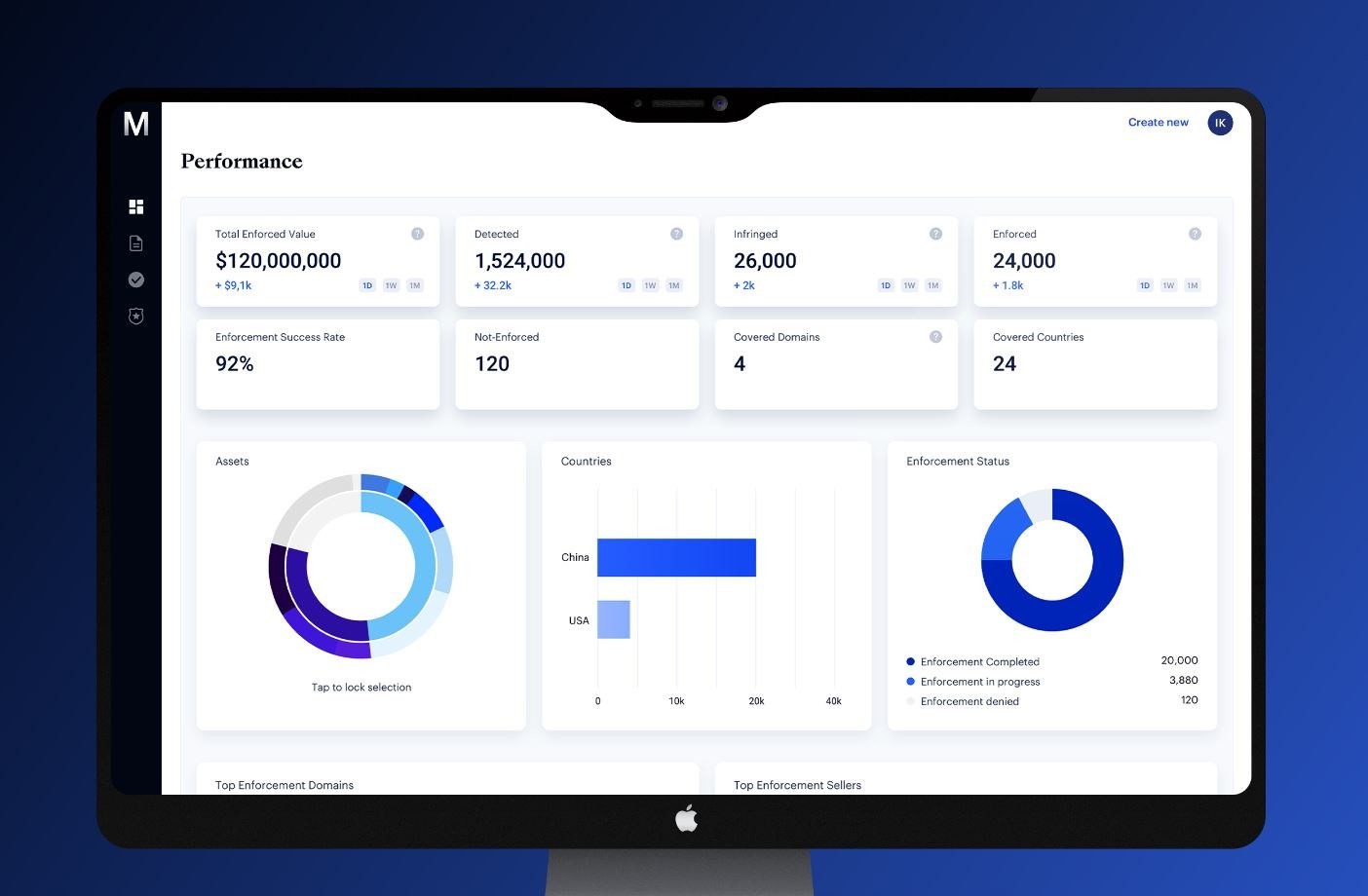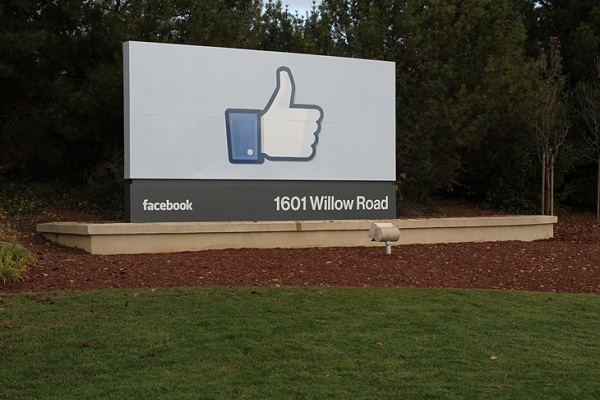AI cannot be the inventor of patents, UK court rules
Case brought by Imagination Engines CEO Stephen Thaler is struck down in the Court of Appeal


The UK Court of Appeal has ruled that artificial intelligence (AI) cannot hold ownership of new patents, in a two-to-one majority verdict.
The appeal was heard after Stephen Thaler, CEO of Imagination Engines, lost his case against the UK Intellectual Property Office (IPO) in November 2019, in which he claimed that his AI system could own the rights to two patents.
Lord Justice Arnold and Lady Justice Elisabeth Laing both argued that only a person can be classified as an inventor, and hold the rights associated with any creations.
In a dissenting opinion, Lord Justice Birss ruled that although “machines are not persons”, the wording of the law did not stipulate that a person needed to be named as the inventor.
"The fact that no inventor, properly so called, can be identified simply means that there is no name which the Comptroller [IPO] has to mention on the patent as the inventor," said Birss, underlining that the IPO is not obliged to name anyone or anything.
Birss added that if the applicant “was not such an obsessive” and had named himself as the inventor instead of the AI, none of these problems would arise.
As Arnold and Laing had the majority in the case, the appeal was dismissed.
Get the ITPro daily newsletter
Sign up today and you will receive a free copy of our Future Focus 2025 report - the leading guidance on AI, cybersecurity and other IT challenges as per 700+ senior executives
The case emerged after Thaler made two patent applications in October and November 2018, one for a food container and another for a type of flashing light. In a statement of inventorship on 24 July 2019, Thaler claimed both devices were designed by his AI system DABUS.
The IPO responded on 8 August 2019, stating that Thaler had failed to comply with s. 13(2) of the 1977 Patents Act, which required him to identify a person as the inventor and to indicate how he had derived his rights from that person.
RELATED RESOURCE

Thaler requested a hearing and on 14 November 2019, in which the IPO decided that DABUS was not a person and, separately, Thaler was not entitled to apply for the patents simply by virtue of ownership of the AI. This decision was upheld by the High Court, and then again in the Court of Appeal.
In July this year, Thaler and the Artificial Inventor Project declared they had obtained the world’s first patent for an AI-generated invention, without a traditional human inventor, in South Africa. The patent is held by the AI’s owner, although the patent names the AI as the inventor.
In the same month, an Australian court also decided that AI systems can be legally recognised as an inventor in patent applications, as reported by ABC.
In 2019, academics called for a change to outdated patent laws in the UK to allow AI to legally author patented ideas. Academics from the University of Surrey teamed up with Thaler and intellectual property rights lawyers to file patents in a bid for it to be attributed to DABUS.
Zach Marzouk is a former ITPro, CloudPro, and ChannelPro staff writer, covering topics like security, privacy, worker rights, and startups, primarily in the Asia Pacific and the US regions. Zach joined ITPro in 2017 where he was introduced to the world of B2B technology as a junior staff writer, before he returned to Argentina in 2018, working in communications and as a copywriter. In 2021, he made his way back to ITPro as a staff writer during the pandemic, before joining the world of freelance in 2022.
-
 Should AI PCs be part of your next hardware refresh?
Should AI PCs be part of your next hardware refresh?AI PCs are fast becoming a business staple and a surefire way to future-proof your business
By Bobby Hellard Published
-
 Westcon-Comstor and Vectra AI launch brace of new channel initiatives
Westcon-Comstor and Vectra AI launch brace of new channel initiativesNews Westcon-Comstor and Vectra AI have announced the launch of two new channel growth initiatives focused on the managed security service provider (MSSP) space and AWS Marketplace.
By Daniel Todd Published
-
 MarqVision detects counterfeit products with deep learning and AI
MarqVision detects counterfeit products with deep learning and AINews Beta clients have experienced a 30-fold efficiency increase in anti-counterfeiting efforts
By Sarah Brennan Published
-
 Facebook to pay significantly more in UK tax
Facebook to pay significantly more in UK taxNews Social network giant making tax changes to be “more transparent”
By Aaron Lee Published